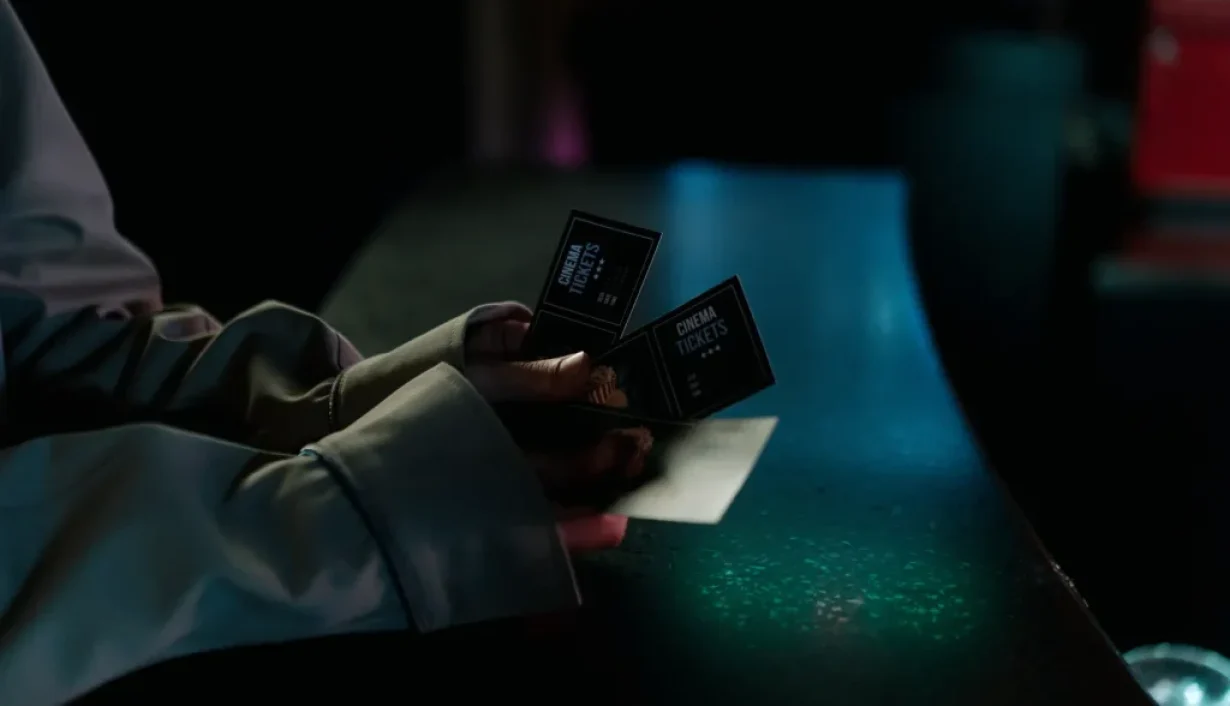
For years, conventional ticketing systems have presented challenges, including extensive queues, fraudulent tickets, and cumbersome attendance tracking. In response, event organizers are increasingly adopting Radio Frequency Identification (RFID) technology as a more sophisticated solution. Across the globe, major festivals, concerts, and sporting events are leveraging RFID to optimize operations, enhance security protocols, and elevate the overall attendee experience. This article provides a comprehensive analysis of RFID ticketing, examining its advantages over traditional methods, its practical applications, and its future trajectory.
Understanding RFID Technology
RFID technology employs electromagnetic fields to automatically identify and track objects affixed with specialized tags. These tags contain unique data that can be scanned by RFID readers, enabling rapid and precise data collection without the need for manual intervention.
Defining the RFID Ticket
An RFID ticket is a sophisticated access pass incorporating an embedded RFID chip. At its core, it features a contactless RFID chip with a unique, immutable identification number. This chip utilizes radio waves to securely transmit encrypted data to a reader, facilitating swift, touch-free validation. Furthermore, RFID tickets can be password-protected and support encryption for enhanced security management.
The Mechanics of RFID Tickets
RFID tickets operate by utilizing electromagnetic fields to identify and track tagged objects. These tags contain a microchip and an antenna. RFID readers emit radio waves that power the passive tags, enabling seamless, contactless data transfer. This process significantly enhances the efficiency of access validation and control.
RFID Tickets Versus Traditional Tickets: A Comparative Analysis
| Entry Access | Security | Customer Experience | Cashless Payment | |
| Traditional Ticket | Lengthy queues & manual verification | Susceptible to counterfeit tickets | Often results in frustration due to delays | Not Supported |
| RFID Ticket | Provides instant access, eliminating queues | Links tickets to verified identities, ensuring robust authentication | Enables personalized interactions and rewards | Enables Cashless Payment |
The Transformative Impact of RFID Tickets on the Events Industry
As technology continues to advance, the events industry is increasingly adopting innovative solutions to enhance attendee experiences and streamline operational efficiency. RFID ticketing represents a significant advancement, fundamentally reshaping event management practices.
Enhancing Event Efficiency
For event organizers, an RFID ticketing system minimizes the potential for human error and reduces operational expenditures. For attendees, it expedites entry processes and eliminates protracted queues.
Data Collection for Enhanced Event Insights
RFID technology enables organizers to track attendance patterns, monitor popular attractions, and analyze spending behaviors. These insights facilitate the optimization of event layouts, inform future event planning, and refine marketing strategies.
Elevating the Customer Event Experience
RFID ticketing enhances event interactivity through integrated applications that provide real-time updates and rewards. Organizers can disseminate personalized messages, VIP benefits, and digital souvenirs to attendees, fostering engagement through RFID-enabled activities.
Cost-Effectiveness
Compared to other RFID tag variants, RFID tickets offer a more economical and cost-effective solution for event entry management. Furthermore, they contribute to reduced staffing costs, mitigate losses associated with fraud, and increase revenue through cashless transaction capabilities.
Augmenting Security Measures
RFID technology makes the duplication of tickets or unauthorized access exceedingly difficult. Each RFID ticket contains a unique encrypted code embedded within its chip, eliminating the risk of counterfeiting and ensuring secure authentication at event entry points. Moreover, RFID tickets incorporating MIFARE Ultralight C chips provide an additional layer of security through advanced 3DES authentication.
Real-World Applications of RFID Ticketing
Due to its capacity to streamline operations and enhance security, RFID ticketing is gaining traction across a diverse range of industries.
Museum Ticketing
RFID tickets facilitate contactless entry and utilize sensors to monitor visitor movements, enabling museums to analyze exhibit popularity, optimize layouts, and manage crowd flow more effectively.
Concert Ticketing
RFID tickets accelerate entry procedures, enable cashless payments, and prevent unauthorized access to restricted areas. Real-time attendance data supports effective crowd management strategies.
Playground Ticketing
RFID tickets provide visitors with timed access to various zones and enable convenient prepayment for rides and refreshments.
Cinema Ticketing
RFID tickets enable contactless check-ins and concession purchases. Loyalty programs offer personalized discounts based on individual viewing preferences.
Conclusion
RFID ticketing is revolutionizing the events industry by enhancing efficiency, bolstering security, and providing attendees with a more seamless experience. As technology continues to evolve, it is anticipated that more events will adopt RFID solutions to streamline operations and maintain audience engagement. For organizations seeking to improve event efficiency, security, and revenue generation, RFID ticketing warrants serious consideration. RFIDtag.com specializes in the creation of custom RFID tickets tailored to your specific event requirements. Please do not hesitate to contact us.
FAQ
Which types of events benefit most from RFID ticketing?
Music festivals, sporting events, amusement parks, conferences, and large-scale exhibitions benefit most due to their high attendance volumes and stringent security requirements.
What is the future of RFID tickets in the events industry?
The future of RFID ticketing is expected to involve integration with artificial intelligence (AI), blockchain technology, and biometric verification to enhance security and personalization.
Do RFID tickets require internet connectivity for offline validation?
No, RFID ticketing systems can operate offline using local servers and pre-stored data, ensuring uninterrupted entry even without an active internet connection.
By embracing RFID technology, event organizers can future-proof their operations and deliver unparalleled experiences for attendees.

RFID Antenna UHF
15-Meter Cable for UHF RFID Fixed Reader
UHF Tag
4″x2″ 860-960MHz UHF RFID Label RFID M4D
UHF Tag
4″x4″UHF RFID Label Alien H3 | ISO18000-6C
RFID Antenna UHF
5-Meter Cable for UHF RFID Fixed Reader
HF Card
ABS RFID KEY-FOB Tag RFID Classic 1K
HF Card
ABS RFID KEY-FOB Tag RFID Classic 4K
HF Card
ABS RFID KEY-FOB Tag RFID Ultralight C
HF Tag
ABS RFID KEY-FOB Tag RFID Ultralight EV1
LF Card
ABS RFID KEY-FOB Tag ATA5577
LF Card
ABS RFID KEY-FOB Tag EM4200
HF Card
ABS RFID KEY-FOB Tag EM4305
HF Card
ABS RFID KEY-FOB Tag RFID TAG 213